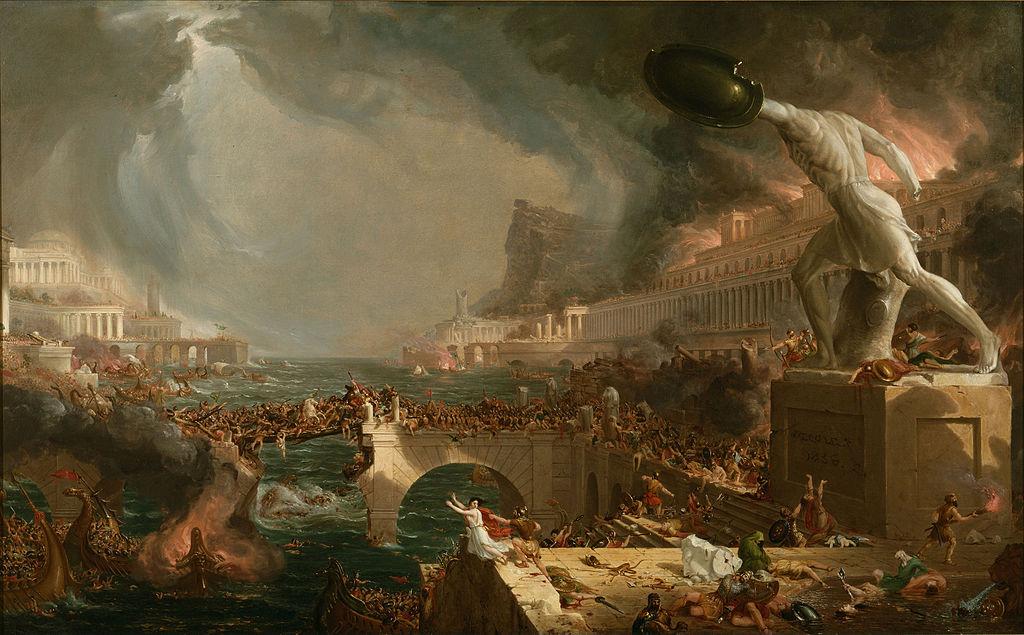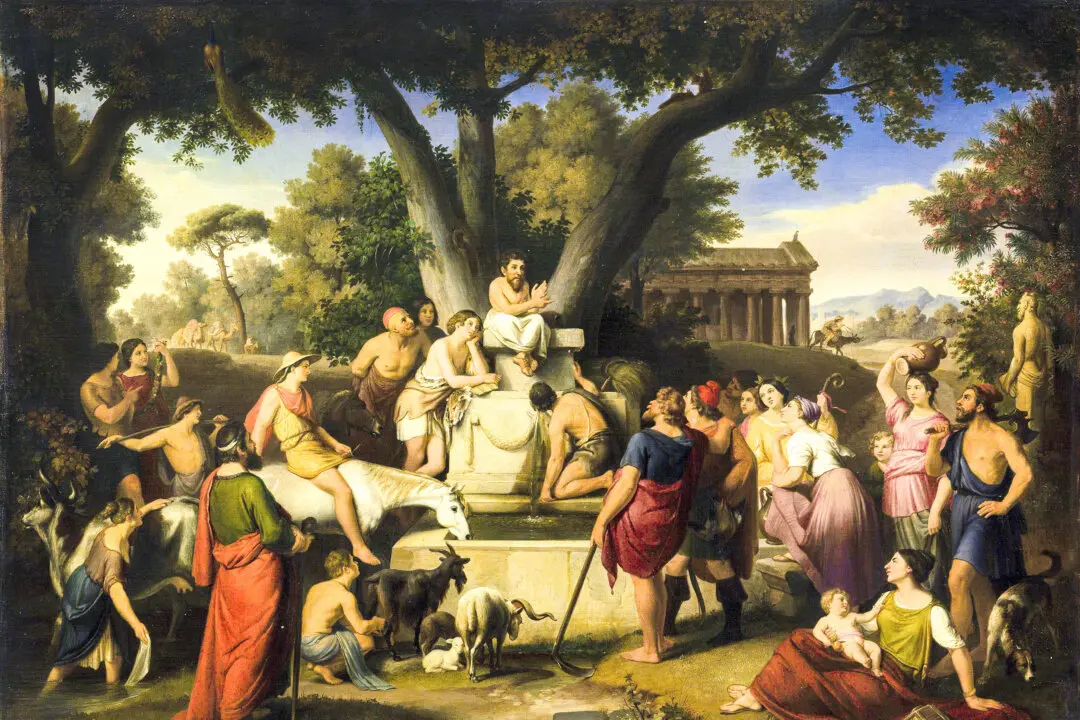In 1891, the academic Hugh Fraser Stewart described the “Consolation of Philosophy” as “the most interesting example of prison literature the world has ever seen.” In “The Discarded Image,” C.S. Lewis wrote that “to acquire a taste for it is almost to become naturalised in the Middle Ages.”
The “Consolation” was so popular that Alfred the Great, King of the West Saxons from 871 to 886, translated it into Old English. Geoffrey Chaucer and Queen Elizabeth I also offered their own English translations in the 14th and 16th centuries. So why has this book been so influential, and why is it worth considering today? The answers lie in the story of its author.






